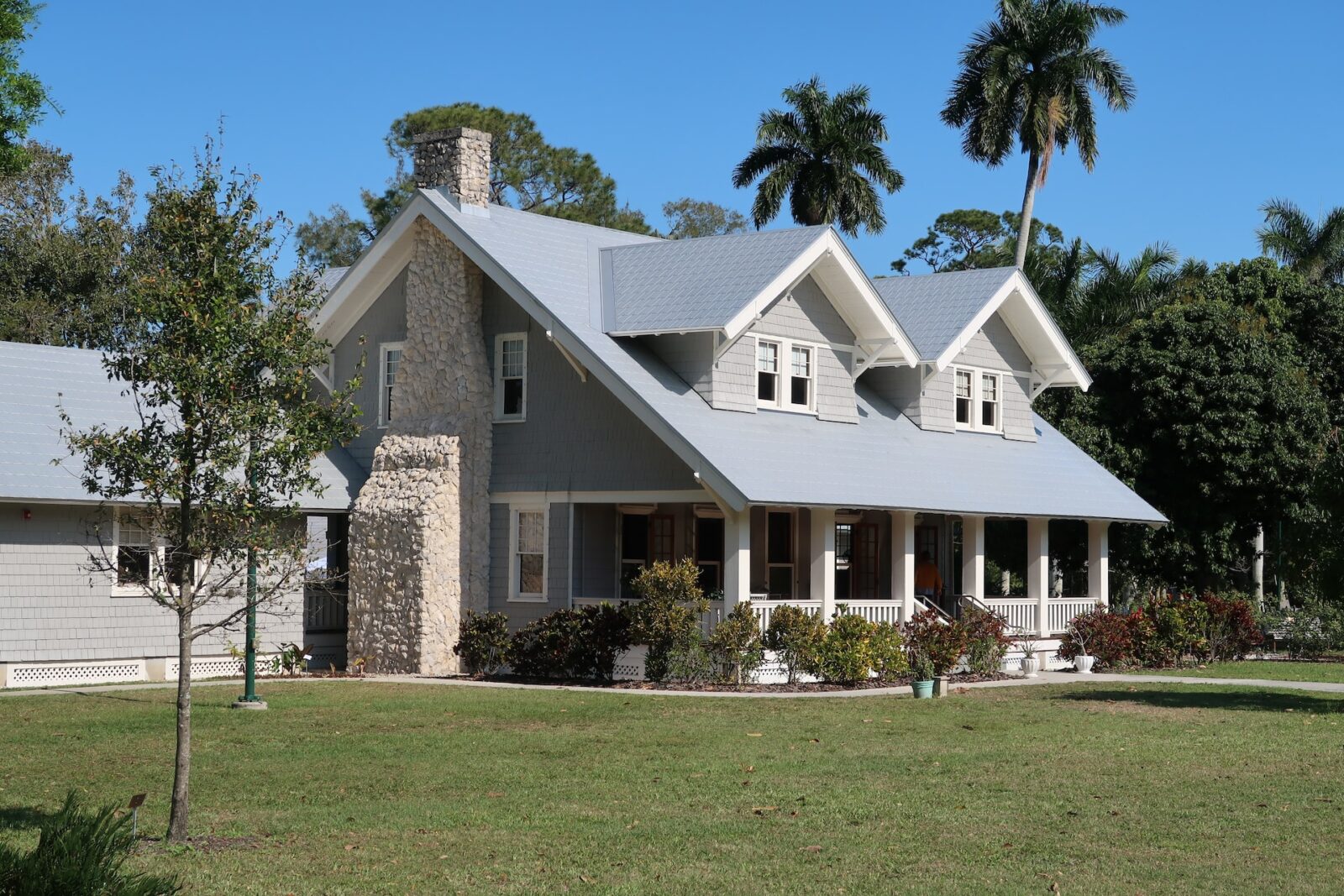Depending on your investment goals, investing in residential or commercial real estate can be a solid investment choice.
Both residential and commercial real estate can be a robust investment. They have their advantages and drawbacks. Choosing either of them should come off the back of your investment goals.
Here, we will dissect both residential and commercial real estate investing to help you choose which one is most suitable for your goals.
Residential VS Commercial Real Estate
Both of these investments vary from each other in their separate ways. A real estate investment property with only single-family homes or a one to four-unit rental residence is a residential property. Some good examples include condos, duplexes, and quadruplexes.
On the other hand, commercial property is one with five or more units. Some commercial property features include office space, hotels, retail, industrial, multifamily (five or more units), and unique purpose spaces.
Benefits of Investing in Commercial Real Estate
Returns Margin
Investments with more significant risks will always have higher returns. Commercial real estate investment will put more money in your pocket than its residential counterpart. Two of the most attractive features of commercial property are cash flow security and overall returns.
Commercial property is excellent for these reasons as it allows you to invest with the confidence that your cash flow will be steady even when there are empty units in the property. The other tenants in the property offset the losses that naturally come from having vacant units.
Data indicates that commercial real estate investments (Retail and Industrial) have an annual average return of 12 percent and 14.1 percent respectively in contrast to the S&P 500, with an average annual return of 9.3 percent between 1994 and 2019.
Tenants
Unlike residential properties, where it could be challenging to find qualified tenants to rent out single-family properties or small multi-unit properties, commercial property tenants are often either a business, a corporation or something of that magnitude.
Commercial properties stand out in this aspect because, with the backing of the larger corporations, companies and businesses in the property typically have more respect for the property and its rules.
While there may be some exceptions, having qualified occupants generally makes everything easier for the property owner.
Easy Value Improvement
Another striking difference between commercial real estate and its residential counterpart is how easy it can be to increase property values. While the comparable value of similar properties determines the value of the residential real estate, this is different for a commercial property.
Property revenue is the sole determinant of its value for commercial properties. The direct implication is that a higher cash flow earning improves the property value. This potential is a definite advantage as an investor could see an upshoot in property value in a shorter time than residential properties.
Duration of Lease Terms
Residential housing typically has a 6 to 12 months lease term compared to commercial housing, with somewhere between 5 to 10 years. Longer lease terms mean several things to investors. For example:
- Lower vacancy rates
- Reduced turnover costs
- Lower marketing costs
- Long term cash flow protection
You must realize there’s a downside to this lease commitment as there’s the possibility of ending up with horrible tenants for an extended period. This condition compels investors to have a reliable application process and robust legal protection to shield their investment from future crises.
Triple Net Lease
Investors can explore several net leases, but a triple net only benefits commercial real estate. Triple net leases mean that the property owner spends nothing on property expenses as the occupants directly bear these costs.
These costs include real estate taxes and maintenance costs while the owner pays the mortgage. Big corporations typically commit to this lease term to maintain a look aligned with their branding.
Benefits of Investing in Residential Real Estate

Entry Fee
Commercial properties don’t come cheap. Some properties require the investor to pay over $100,000 in a down payment to secure the property. It is much easier to obtain residential property, even as a newbie investor. You are much more likely to save for a single-family home than a commercial building complex.
Reduced Tenants Turnover
Residential housing, especially single-family homes, reduces the tenancy turnover rate. With the proper screening process in place, a property owner can stick to finding reliable tenants that care for the property like it’s their own for the long term.
It is different for commercial real estate as businesses change and grow, thus infusing volatility that could make keeping quality tenants long-term a real challenge. The direct implication is that a commercial property owner may have to search and screen tenants more often than a residential real estate owner.
Fairly Crisis Proof
Residential real estate performs better in the face of an economic downturn. The devastating effects of a bad economy usually affect businesses first before any other sector. The commercial real estate owner often faces difficulty marketing and attracting tenants to the property in difficult times.
The uncertainty of a business staying in operation throughout the property lease period thus creates a real challenge for investors who count on the long-term tenancy.
More Extensive Renter and Buyer Pool
Residential real estate has a larger renter and buyer pool because people will always need a place to live. It is different for commercial real estate as it largely depends on businesses.
Businesses exploring remote and online opportunities may pose a real challenge to the attractiveness of commercial property in some markets.
Permissive Zoning Laws
Zoning laws for residential real estate are more lenient and permissive than what is obtainable with commercial real estate. With commercial properties, zoning laws are stiffer, and investors might find it harder to secure building permits.
A Comparison Between Commercial Loans and Residential Loans

Banks typically distribute traditional residential loans to borrowers. Unlike residential loans, a commercial loan goes to a company. Borrowers often sign as a representative of a business entity for tax purposes since the property is for business uses.
The terms, conditions, restrictions, and penalties vary significantly between both loan types. Homeowners commonly finance their properties over a long period, usually 30 years with a fixed rate.
Even though residential buyers have many other loan options available, this time frame is ideal due to a more extended amortization period. With residential loans, amortization is typically over the loan’s life, meaning the loan runs and fully completes at the end of the term.
On the other hand, terms for commercial loans typically range from 5 to 20 years. Also, the amortization period is often longer than the loan term. Commercial lenders can customize the loan repayment schedule to each borrower’s specific requirements.
Which Investment Is Right for You?
Both investments could be ideal, depending on your goals. Generally, if you want more significant returns, then commercial real estate is the way to go. However, if you want more significant involvement, then residential is most suitable.
Time and risk tolerance will be crucial for your decision-making. There are no rights and wrongs here, only your goals. You must also realize that you can always switch investment choices along the way.

